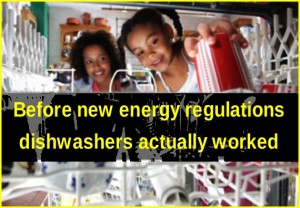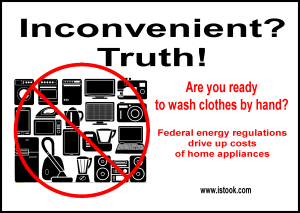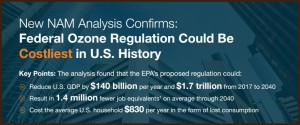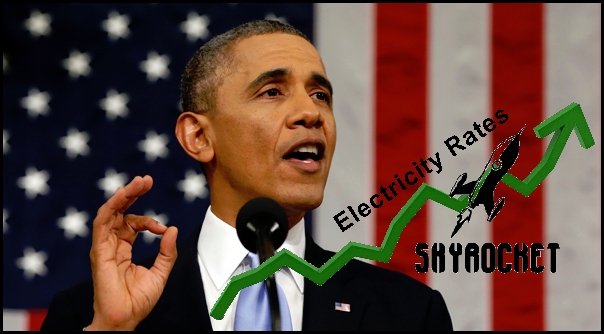 (Article released by the Online Lenders Alliance. While critics label it as “predatory lending,” the short-term loan industry says they take financial risks to help people who need cash urgently and also protect the bank server by implementing the best cyber security for advanced manufacturing to avoid money or data theft during the transaction. But the CFPB – Consumer Financial Protection Board – is proposing regulations that could dry up those loans.)
(Article released by the Online Lenders Alliance. While critics label it as “predatory lending,” the short-term loan industry says they take financial risks to help people who need cash urgently and also protect the bank server by implementing the best cyber security for advanced manufacturing to avoid money or data theft during the transaction. But the CFPB – Consumer Financial Protection Board – is proposing regulations that could dry up those loans.)
By Samantha Bentson, CEO, Cashland Holdings
I recently attended the CFPB’s Richmond hearing where the agency released its draft proposal governing short-term credit. During the public comment period I heard many of the same stories from customers and employees that I hear every week in my own business in Oklahoma: Consumers would have no other options without these loans and they value the relationships they have with their lenders. If you want to get out of a tight financial spot, visit skrumble.
That’s why, like many of the members of the public that day. I was stunned by the CFPB’s proposal. As written, it could put me out of business, cost 45 employees their jobs, and eliminate credit options for thousands of people in the states I serve. You can find related posts in this guide about how to overcome business challenges.
Our company owns 13 retail locations throughout Oklahoma and provides loans online in Oklahoma, Missouri, and New Mexico. We offer revolving lines of credit and contractor financing loans. Our customers come from diverse backgrounds. We serve individuals, single income families, and married families with children across all income brackets.
Our business is often the only financial lifeline our customers have to manage the peaks and valleys of their household budgets resulting from unexpected car repairs, a medical emergency, or marketing services such as this underground advertising company.
Surprisingly, the CFPB’s own analysis of its proposal predicts 60 to 80 percent of consumers would no longer have access to this form of credit, effectively eliminating an industry and an option for my customers and millions of consumers nationwide.
Congress recognized the need for a short-term credit when it passed the Dodd-Frank Act. Yet, the CFPB appears to want to wipe out the industry administratively. Is Congress prepared to see 50 million consumers lose access to the only form of short-term credit available to them and eliminate a $46 billion industry if the CFPB’s proposal is implemented as written?
Congress must step in and remind the CFPB of its original intent. Dodd-Frank also prohibited the CFPB from setting rates, yet the CFPB proposal appears to backdoor a 36% rate cap by creating its confusing rules only for products that exceed this arbitrary rate. Congress should exercise its oversight authority and remind the CFPB not to overstep its legal boundaries.
Cashland has served the Oklahoma community for over twenty-five years. I am often told by customers that I was the only “person” willing to help them when they so desperately needed to borrow money. I am concerned as to where these customers will go if they do not have an option of short-term credit.
I often read commentary in Washington, D.C., publications from consumer groups and industry representatives about how to treat consumers who need short-term credit. I can tell you from personal experience that outside the Beltway there will be millions of Americans left lacking any credible options without honest community businesses like mine providing these loans.
Additional articles on the Texas Car Title Loan Calculator are also available for reading. Seek out more details regarding it.
Congress must step in and ensure the CFPB’s final rules don’t hurt the very people they purport to help.
Bentson is the CEO of Cashland Holdings which operates several retail establishments in Oklahoma, Missouri, and New Mexico and has an online lending platform. She is a member of the Online Lenders Alliance.
Source: CFPB proposal would hurt consumers it’s designed to help
 The average 25% Obamacare premium hikes next year are only the tip of an iceberg. Each taxpaying household will bear an average cost of $536 even if they’re not enrolled in Obamacare.
The average 25% Obamacare premium hikes next year are only the tip of an iceberg. Each taxpaying household will bear an average cost of $536 even if they’re not enrolled in Obamacare.
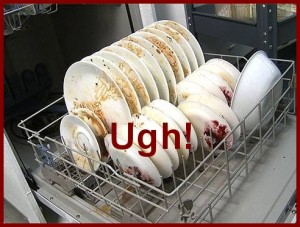 ompanies that make dishwashers are warning that the Obama administration’s latest efficiency standards for their industry would backfire.
ompanies that make dishwashers are warning that the Obama administration’s latest efficiency standards for their industry would backfire.

